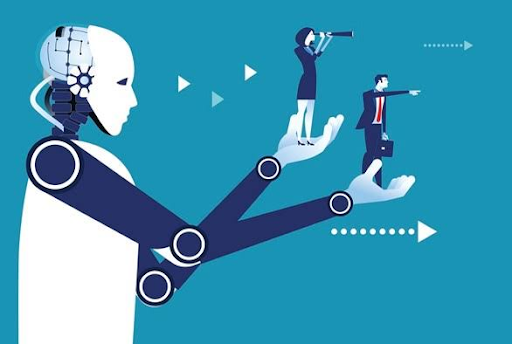Artificial intelligence (AI) has emerged as one of the most transformative technologies of our time, revolutionizing various aspects of our lives. At its core, AI refers to the development of computer systems that can perform tasks that typically require human intelligence. From analyzing data to making decisions, AI encompasses a broad range of applications that continue to shape industries, societies, and the way we perceive technology.
The Evolution of AI:
AI's roots trace back to the mid-20th century when scientists and researchers began exploring the concept of creating machines capable of simulating human intelligence. The early focus was on developing algorithms that could solve mathematical problems and simulate logic. Over time, advancements in computing power and the availability of vast amounts of data fueled the growth of AI.
Types of AI
AI can be categorized into two main types: Narrow AI and General AI. Narrow AI, also known as Weak AI, is designed for specific tasks. This form of AI powers virtual assistants, recommendation systems, and language translation services. General AI, on the other hand, refers to a theoretical AI system that can understand, learn, and aply knowledge across various domains, similar to human intelligence. While Narrow AI is prevalent today, achieving General AI remains a long-term goal in AI research.
AI Applications
AI's impact spans numerous sectors, enhancing efficiency, accuracy, and innovation. In healthcare, AI aids in disease diagnosis, drug discovery, and personalized treatment plans. Industries like finance and banking leverage AI for fraud detection, algorithmic trading, and customer service. Moreover, AI revolutionizes transportation through autonomous vehicles and optimizes manufacturing processes via robotics and automation.
Ethical and Societal Considerations:
The rapid advancement of AI raises ethical and societal concerns. Issues surrounding data privacy, algorithmic biases, and job displacement due to automation are topics of significant debate. Ensuring AI systems are developed ethically, transparently, and with accountability is crucial to mitigate these challenges.
The Future of AI:
The future of AI holds tremendous potential. Advancements in machine learning, deep learning, and neural networks continue to push the boundaries of what AI can achieve. As technology progresses, AI is expected to play a more significant role in areas like personalized education, climate change mitigation, and space exploration.
Conclusion:
Artificial intelligence stands as a testament to human innovation and technological prowess. Its evolution has already transformed industries and societies, with continued advancements poised to reshape our world further. As AI continues to mature, the responsible development and ethical implementation of this technology will be pivotal in harnessing its full potential for the betterment of humanity.
AI's journey from theoretical concept to a pervasive force in our lives demonstrates the remarkable strides made in the field, and the ongoing quest to unlock the true potential of artificial intelligence remains an exciting and ever-evolving endeavor.





